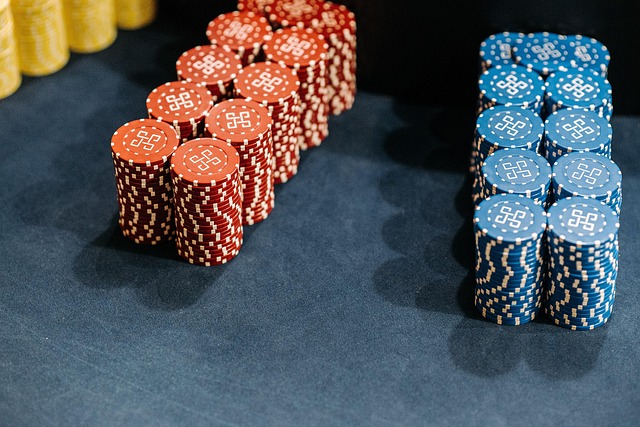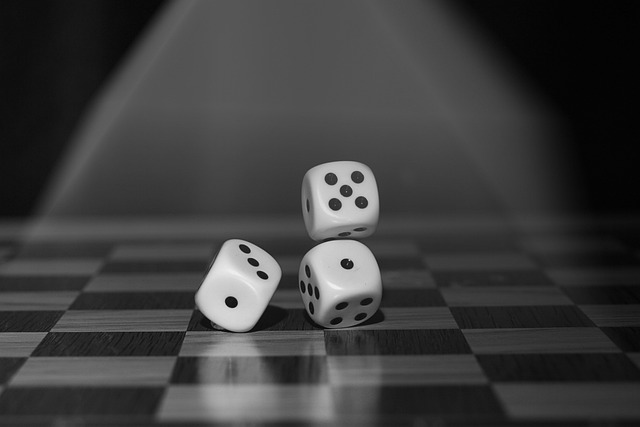How Gambling Memes Reinforce the Psychology of Chasing Losses and Overconfidence
Memes are more than jokes. They reflect how people think, feel, and act. A growing part of meme culture focuses on slots and sports gambling. One phrase appears again and again: “just one more bet.” It’s more than a punchline—it shows a deeper psychological pattern. Behind the laughs are signs of distorted thinking. These include overconfidence, chasing losses, and seeing risky behavior as normal.
The Rise of Gambling Memes Online
Online betting and digital casinos have grown fast. Meme culture followed right behind. Sites like Reddit, Instagram, and Twitter are full of gambling jokes. Users share memes about their habits—both funny and painful. At the center is the “degenerate gambler.” This character keeps betting, even after losing again and again.
The phrase “just one more bet” stands out. It’s paired with images of someone broke, anxious, or overly confident. These memes are funny, but they repeat a mindset. It’s the belief that the next bet will fix everything.
Chasing Losses: A Normalized Behavior
Chasing losses is one of the biggest dangers in gambling. After losing, many double their bets. They think a win must come next. This is called the gambler’s fallacy. It’s the false idea that past losses mean a win is due.
Memes make this seem harmless. Turning risky behavior into jokes blurs the line. A meme about betting rent money might make people laugh. But it also makes reckless gambling seem normal. That makes it harder to spot when things go too far.
Overconfidence and Illusions of Control
Gambling memes also show overconfidence. Many jokes are about having a “lock” or gut feeling. These reflect a false sense of control. Gamblers believe they can beat random outcomes.
Humor adds to this confidence. People joke about “doubling losses to break even” or failed “systems.” These memes help people cope. But they also spread the idea that confidence can overcome luck.
Meme Culture as a Reinforcement Loop
Memes spread fast. They’re shared, copied, and posted again. In gambling spaces, this repetition feeds risky ideas. Each joke about losing and trying again says it’s normal to keep betting.
Memes also create a sense of belonging. When someone jokes about a sixth bet after five losses, replies pour in: “This is me.” That group reaction turns irrational choices into something everyone does. It’s easier to keep going when others laugh with you.
Humor as Camouflage
Humor can hide serious problems. Memes about addiction or financial stress are often played for laughs. That can mask the real harm. The issues don’t go away—they just become easier to ignore.
This is risky, especially for younger people. Many sports betting ads target Gen Z and millennials. Memes act like subtle marketing. They show compulsive gambling in a funny, light way. That can desensitize people and hide the danger.
Finding a Responsible Middle Ground
Gambling memes aren’t all bad. Comedy helps people express themselves and bond. But we need to see the impact. When memes glamorize chasing losses or mock smart choices, they encourage risky habits.
There’s also a chance to use memes for good. Advocates for responsible gambling can create content too. By mocking overconfidence or showing real risks, they can challenge the norm. Humor can help fix problems—not just hide them.
Just One More Bet
The “just one more bet” mindset is more than a joke. It shows the highs and lows gamblers go through. These memes are funny, but they reflect deeper thinking errors. They reinforce risky behavior.
Understanding this link helps us see the impact of what we laugh at. In a world shaped by digital content, humor can both entertain and influence. What we share online affects what we accept in real life.


